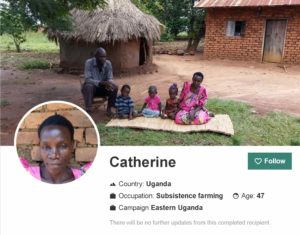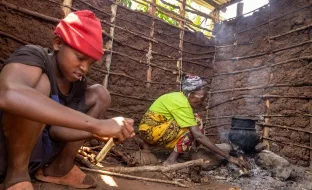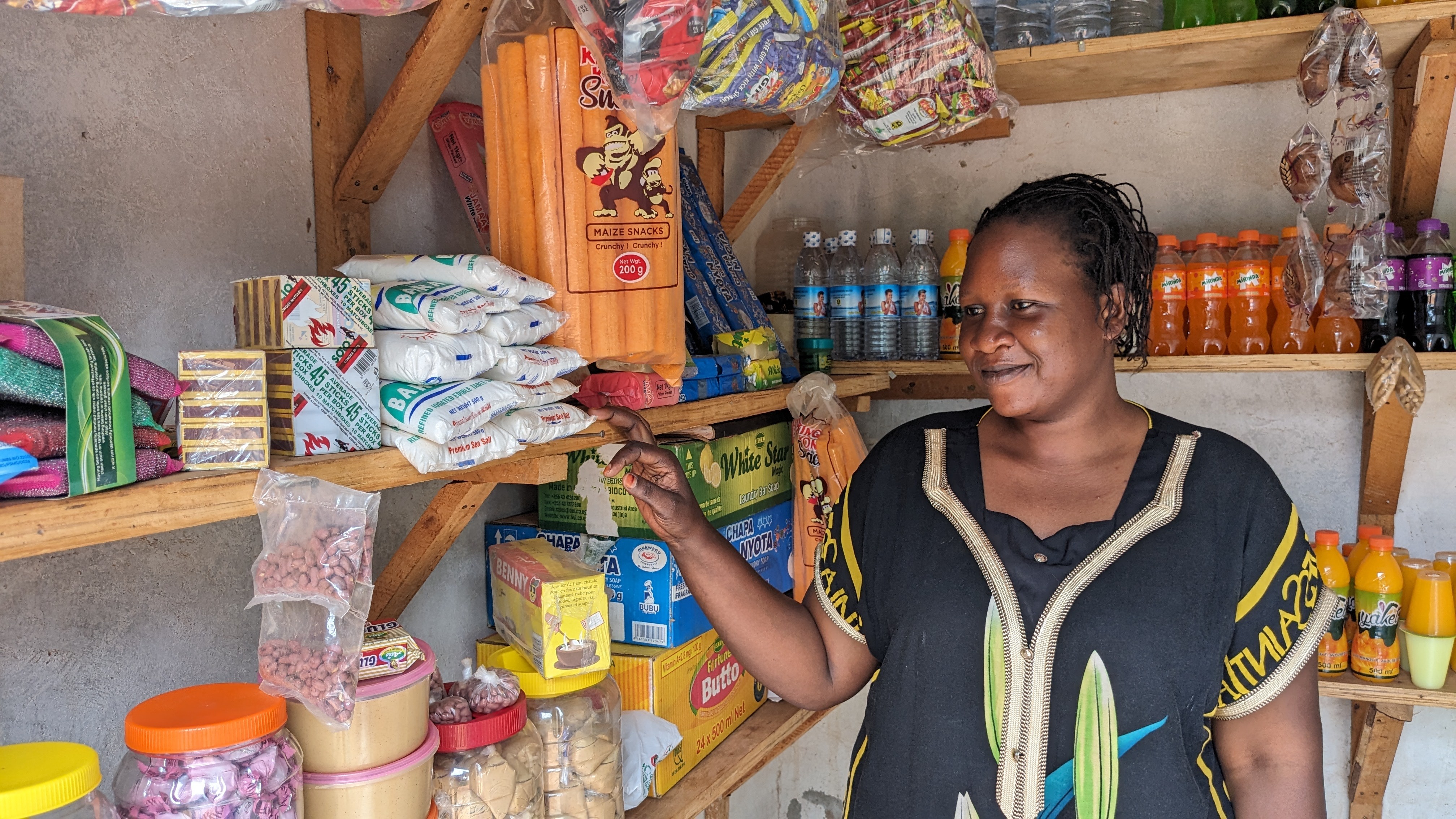Historically, when an aid organization or government wants to help coffee farmers improve their lives, they give in-kind agricultural interventions, such as seedlings and training. But what if instead of giving goods and services, we just gave farmers cash?

Between June and December 2016, we enrolled recipients in eastern Uganda, many of whom are coffee farmers, in a program designed to answer this question. The project was funded entirely by Benckiser Stiftung Zukunft (BSZ), a foundation committed to effective and efficient giving, who recently set themselves an ambitious and admirable goal, summed quite simply as to “get coffee farmers out of extreme poverty by 2030. All of them.” (broken link changed to archive link on 06/04/2021)
Our shared belief in the well-evidenced impact of cash, alongside their specific interest in working with smallholder coffee farmers, led us to this unique partnership. Working in the district of Iganga, a nexus of high coffee production and extreme poverty, we enrolled 3,600 recipients. Roughly half of our recipients are coffee farmers, although all were selected based on poverty indicators. This ensured we would reach the poorest members of the community, not just those who happen to grow coffee. All households received ~$1,000.
With this program, we first want to understand the impact of cash on the coffee production itself – do farmers invest more in their coffee, grow more of it, and generate more revenue when they sell it? But we also want to broaden the focus to the impact of cash on the lives and welfare of recipients. After all, investment outside of coffee – from investing in other crops and businesses, to purchasing assets or paying school fees – might in truth be the best way for recipients to improve their lives.
Our goal for this project is to provide BSZ with a benchmark for their future work with coffee farmers, and the evidence to answer a simple but vital question: “what would happen to these coffee farmers if we just gave cash?”
A randomized controlled trial (RCT) will be used to study the impact of the cash transfer on both coffee farmers and those who are not coffee farmers. The detail of this study is available in the RCT’s Pre Analysis Plan (PAP), recently published on the RIDIE research registry. The publication of a PAP is best practice in the field and we consider it a vital component of an RCT – documenting that a trial is happening and how it will be analyzed, specifically to avoid negative results being buried or analyses being manipulated to get desired results.
While the RCT will of course be published publicly, and shared here, its primary purpose is to inform the goals of BSZ as they seek evidence and insights in their mission to lift the world’s coffee farmers out of poverty. With this in mind, we made some decisions around methodology that delivered on their core goals, while designing for a meaningfully less complex, less expensive and easier-to-implement RCT – these being:
- The decision not to bring on independent academics to run the study – although we did hire independent research consultants to design the RCT and write the PAP.
- The decision to use a GiveDirectly field team to collect survey data at baseline and endline, instead of an independently contracted external field team.
These approaches are not unusual in development research, and we believe that the RCT design still meets a high bar for evidence quality (compared to, say, a simple before-after design), as the control group gives us a robust measure of what would have happened in the absence of the intervention. However, in the interests of transparency, we always want to highlight decisions like these that relate to our operations.
RCTs take a while, and ours is timed with (increasingly unpredictable) coffee harvests. However, we intend and expect to publish results in early to mid-2018, and look forward to sharing them here then.
If you have any questions about this program, tweet at us @GiveDirectly or email us at info@givedirectly.org.
***
Josh Williams is a Field Director at GiveDirectly, based in Uganda. He is currently leading our remote payments project.

